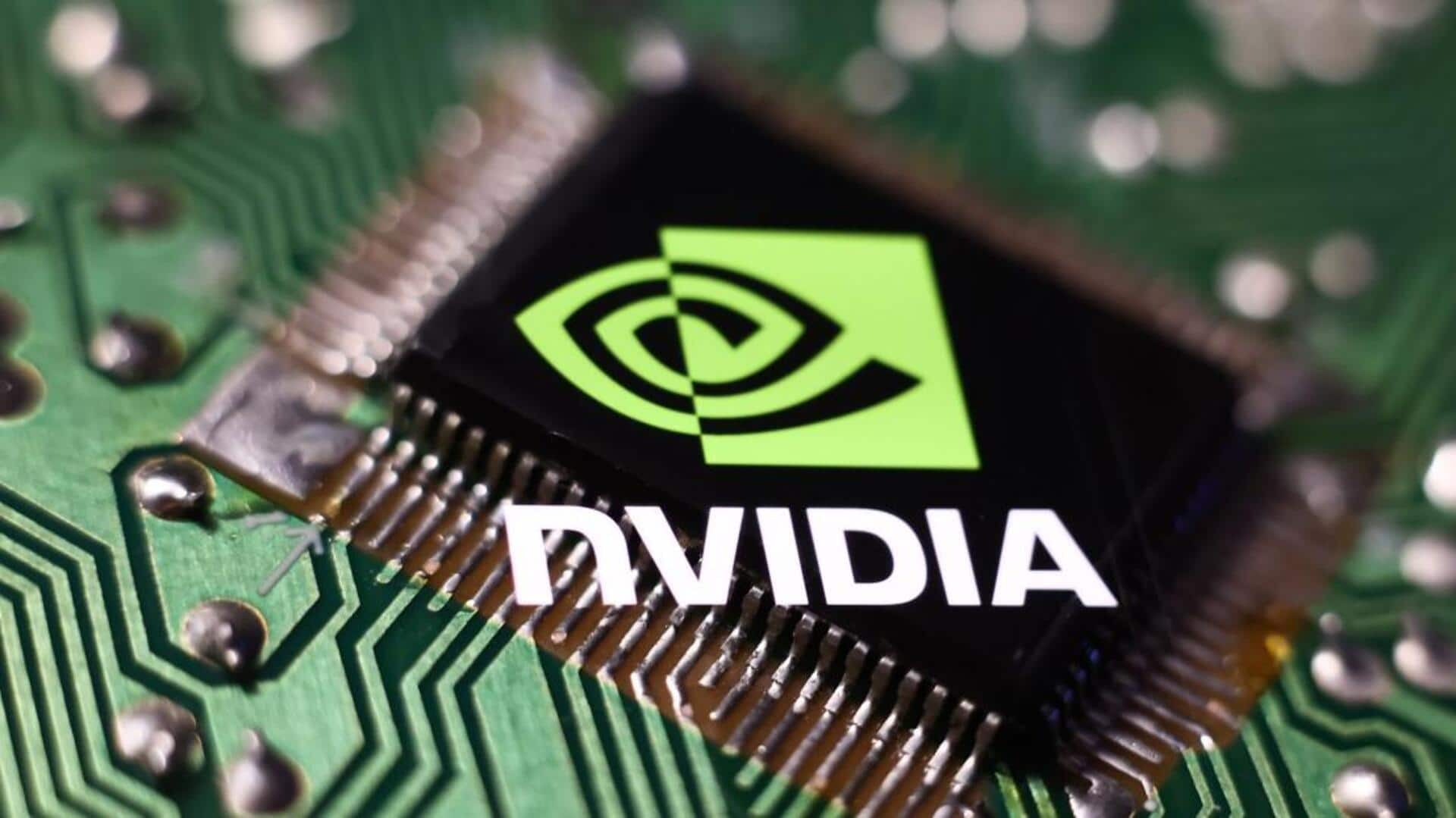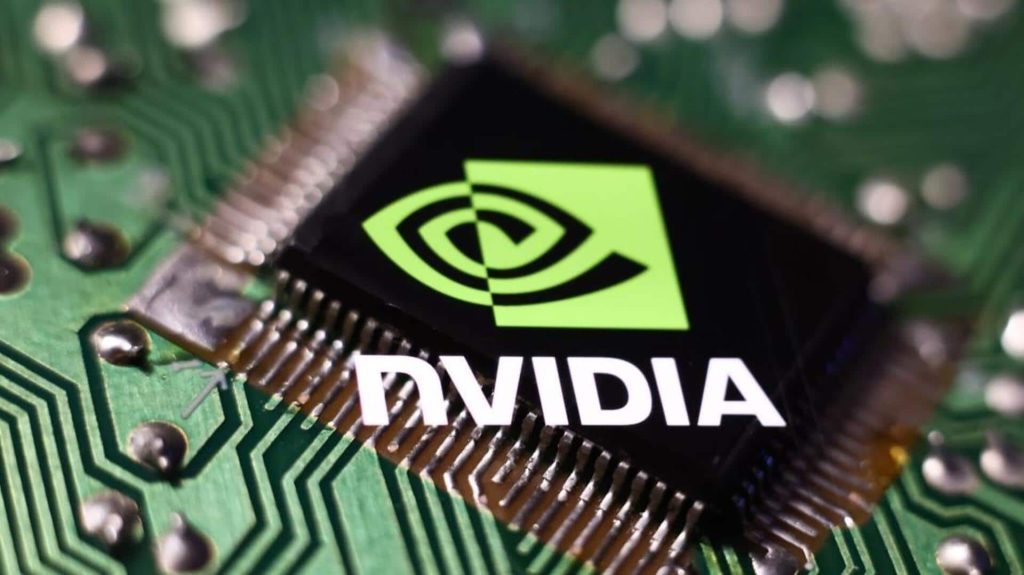Nvidia has hit another major roadblock in China, but this time the ban is coming from Beijing itself rather than Washington.
China’s internet regulator announced Wednesday that domestic tech companies are now prohibited from purchasing Nvidia’s AI chips, marking a dramatic escalation in the ongoing tech tensions between the world’s two largest economies.
The Cyberspace Administration of China delivered the directive to major Chinese tech companies, including ByteDance and Alibaba, specifically targeting Nvidia’s RTX Pro 6000D server, a device the American chipmaker had designed exclusively for the Chinese market. The ban effectively cuts off Nvidia from one of its most important revenue sources just as artificial intelligence demand continues to surge globally.
This move represents a significant shift from China’s previous approach. Back in August, Beijing had merely discouraged companies from buying Nvidia chips while promoting locally-manufactured alternatives from companies like Huawei. Now, that soft pressure has become an outright prohibition.
The timing couldn’t be worse for Nvidia, which has already been struggling with restricted access to Chinese markets due to U.S. export controls. CEO Jensen Huang acknowledged the challenging situation during a Wednesday press conference, saying,
“We can only be in service of a market if a country wants us to be. I’m disappointed with what I see, but they have larger agendas to work out between China and the United States.”
The High Cost of the US-China Chip War, The Shifting Strategy Nvidia
Huang struck a diplomatic tone despite the setback, adding that Nvidia would remain “patient” and continue supporting Chinese companies “as they wish.” However, the financial impact is undeniable.
During Nvidia’s first-quarter earnings call, Huang had already projected an $8 billion revenue loss in the second quarter alone due to restrictions on selling H20 AI chips in China.

The situation has become so uncertain that Nvidia announced in June it would no longer include China in its future profit forecasts, essentially writing off the market entirely. This represents a massive shift for a company that had previously relied heavily on Chinese customers for its data center and AI chip sales.
The regulatory ping-pong between Washington and Beijing has created whiplash for semiconductor companies. The Trump administration initially imposed licensing requirements on AI chip sales to China in April, citing national security concerns.
Then in July, the White House reversed course and green-lit chip sales again, but with a significant caveat: the U.S. government would take a 15% cut of all revenue from Chinese sales.
Impact of China’s Ban on Nvidia and its Domestic AI Chip Ecosystem
Despite this apparent opening, Nvidia hasn’t managed to capitalize on the opportunity. The company reported in its latest earnings that it had yet to sell any units to Chinese customers under the new arrangement, blaming slow implementation of the revenue-sharing proposal.
China’s latest ban will undoubtedly impact the country’s own tech ecosystem. While China-based homegrown companies like Huawei and Alibaba Group have been building chips for artificial intelligence, Nvidia is the global number-one leader in artificial intelligence hardware. Nvidia chips are generally considered to be the world’s top chips, and they hence matter to companies that build next-gen AI products.
The ban places Chinese technology leaders at a disadvantage. They will need to step up development of local alternatives or come up with shortcuts to access the advanced computing they require for research and implementation of artificial intelligence.
That may hinder China’s AI development in the short run, but could encourage increased investment in indigenous chip technology.
Nvidia’s Revenue and Strategy Amidst U.S.-China Tensions
For Nvidia, losing out in China is more than just a loss of revenue it’s also a strategic blow at the AI boom. The firm has been coasting by on skyrocketing AI chip demand all over the world, yet exclusion from the world’s second-largest economy severely restricts its growth potential.
The issue illuminates how quickly the global tech landscape can evolve when geopolitics collide with tech competition. What started as trade disputes has grown into a complicated web of constraints, counter-constraints, and strategic footwork that’s reshaping the manner in which tech businesses operate internationally.
As the two nations sort through their “larger agendas,” in the words of Huang, businesses like Nvidia are caught in the middle of a high-stakes poker game with billions of dollars of revenue at stake.

